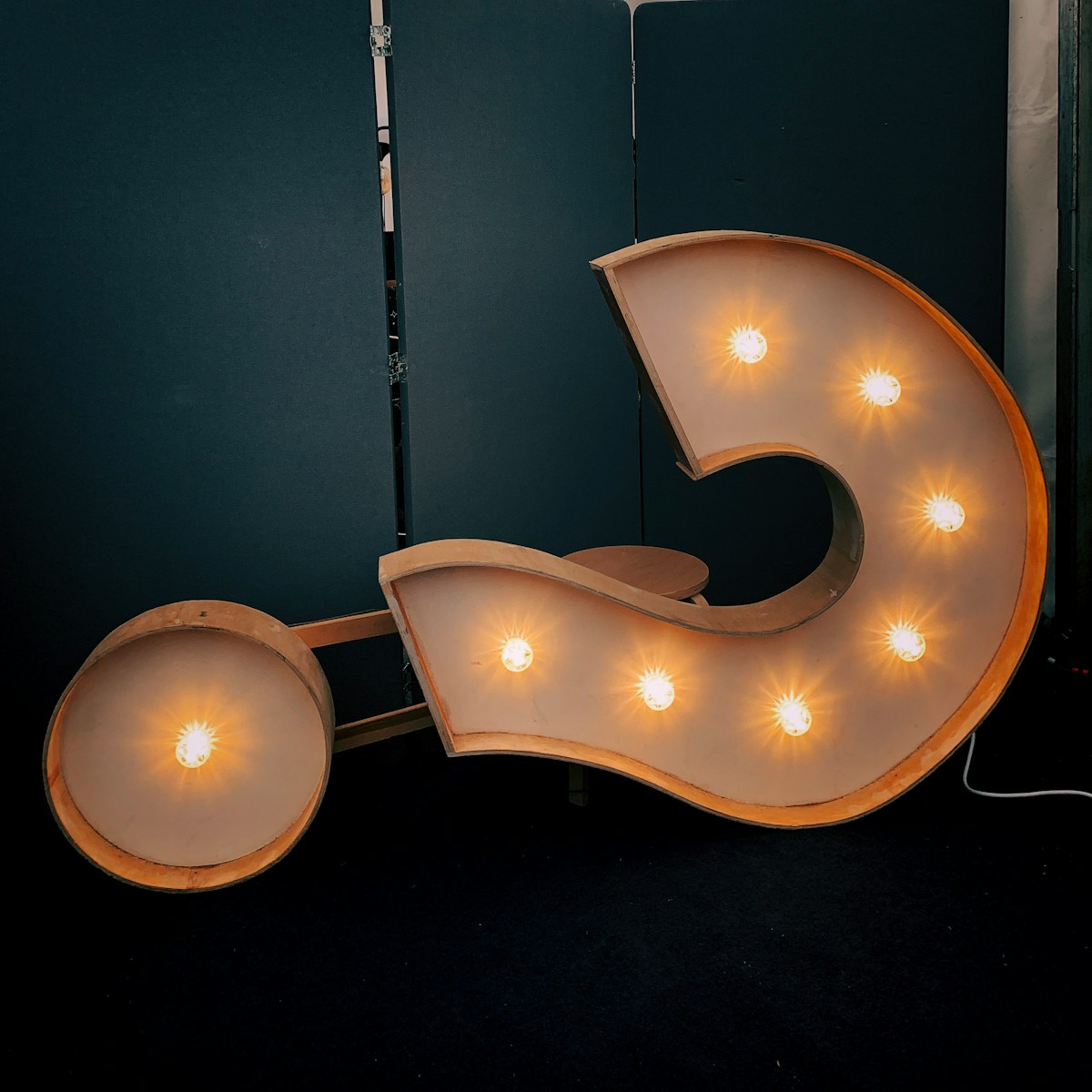
Homer wrote,”In youth and beauty, wisdom is rare.”We now live in a world where anything is possible, where men and women of all cultures can be what they want—if they put in the time and necessary resources. The days of rigid stereotypes are gone, and I’m okay with that. People have choices. And yet, there are still jobs and careers that seem to attract one gender more than the other. Why? Because we are different! (Shocking, I know.)
Here’s my made-up story: I went to work today, where I am a dental hygienist, after dropping off my kids at a male-dominated childcare center. On my way, I consulted my female mechanic, Sam, about a ticking sound in my car engine. Theresa, my plumber, was coming to the house at three p.m., so I had to leave work early. I also had to see John, a male nurse, for my blood work. My wife, Samantha, wouldn’t be home from the coal mines until later this evening, so I suggested we order takeout.
Now, this is where, in my opinion, things get cloudy. There is a difference between what’s possible, what’s acceptable, and what’s most likely. To be clear, this is without prejudice—just looking at probabilities. So far, it is still men who dominate the most dangerous jobs (bridge building, high-rise construction, crab fishing, mining), while women are often found in nursing, early childhood education, and now increasingly in medicine. In fact, more women than men are graduating from medical schools. (My female oncologist saved my life, so yay to that!)
Because of this, I struggle when younger people tell me, “You can’t say that… because we are all the same.” We are not. We are not born wise. I understand that the generation where everyone gets a ribbon and everyone passes might think that way. (Who did that to them?) But in my world, and that of most of my peers, we live in a world of “most likely,” not “exceptional.” So forgive me if I assume that when you say “truck driver,” my brain gives me the image of a man. Why? Because it’s most likely. Please don’t treat me like a misogynistic cretin for daring to assume what’s most likely or for recognizing patterns. Don’t tell me I was raised in male toxicity or that the heroes of my youth—strong, honorable men of integrity—were bad stereotypes. They weren’t perfect, but neither are the people in your generation who make the news for not being so nice.
Just because something is new doesn’t necessarily mean it’s better. What happened to respecting your elders? One last quote, this time from Epictetus (in case I’m wrong about everything):“If you want to improve, be content to be thought foolish and stupid.”









